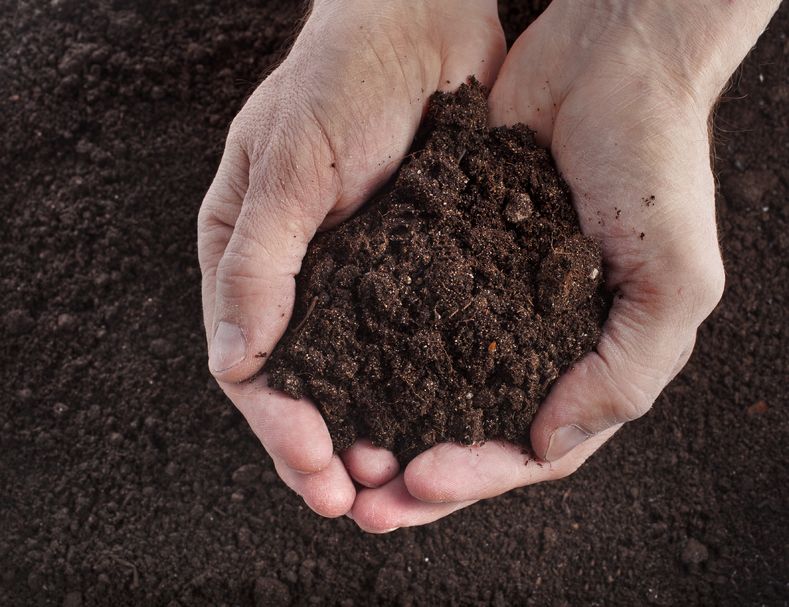
Farmers will be able to earn up to £70 per hectare for actions to improve the health of their soil, the government has confirmed.
Environment Secretary George Eustice this week laid out an update on the government’s post-Brexit Agricultural Transition Plan.
He set out further details around how farmers will receive payments for different schemes under the UK's new farming system.
Mr Eustice confirmed moorland farmers will be able to be paid to assess the condition of their land, and highlighted an early roll-out of the Sustainable Farming Incentive from spring 2022.
Livestock farmers will be eligible for a free vet-led annual health and welfare review, and farmers will be able to earn up to £70 per hectare for actions to improve the health of their soil.
Over this parliament, the government has committed to maintaining the current levels of investment in farming of £2.4bn per year, on average, he said.
Nearly a third (30%) of the funding released from Direct Payments for environmental and climate outcomes will be made available for farm level actions through schemes such as the Sustainable Farming Incentive.
Farmers will also be eligible for locally-specific and landscape-level schemes through Local Nature Recovery and Landscape Recovery.
Mr Eustice said in a speech at this week's Cereals Event: “Soil health is the key to delivering our targets on the environment and improving farm profitability.
"Well managed soils can lead to increased biodiversity, improved water quality and reduced carbon emissions.
"Our new Sustainable Farming Incentive will eventually be open to every farmer in England and will incentivise a shift towards more sustainable soil and grassland management.”
The Sustainable Farming Incentive will be the first of three environmental land management schemes to be rolled out and will include actions to improve soil health and water quality, among others.
It will also help to accelerate the widespread adoption of more sustainable approaches on all types of farms, including maintaining and enhancing the natural environment, reducing carbon emissions, and improving the welfare of livestock.
The scheme has an aim of at least 70% of eligible farms taking part by 2028.? An initial call for applicants for the pilot was answered by more than 2,000 farmers.
The remainder of the released funds from phasing out the BPS will be spent on environmental land management schemes, which will include locally tailored initiatives through Local Nature Recovery, and landscape-scale interventions such as Landscape Recovery projects.
By 2028, spending will be evenly split across the three schemes, covering farm-level, locally tailored, and landscape-scale investment.
Four guiding principles have also been published today which set out the approach to environmental scheme payments under the Agricultural Transition Plan.
This includes new environmental land management schemes such as the Sustainable Farming Incentive, pre-existing ones like Countryside Stewardship, and time limited schemes such as Farming in Protected Landscapes
What are the four principles?
The four principles are:
• Payments should provide good value for money and achieve ambitious environment and climate change outcomes. Payment rates will be set to encourage wide participation, fairly and effectively paying farmers for achieving these outcomes
• Payments should, as far as possible, pay for environmental outcomes by recognising and rewarding the full range of activities that achieve environmental and climate outcomes
• Payments should recognise the value of existing natural assets and do not unfairly disadvantage those who are already achieving good environmental and climate outcomes
• Payments should form part of a market for environmental outcomes where scheme participants can earn income from public and private sector sources
Further information on how and what will be paid for through each scheme will be shared when each of the respective schemes are launched, the government said.
